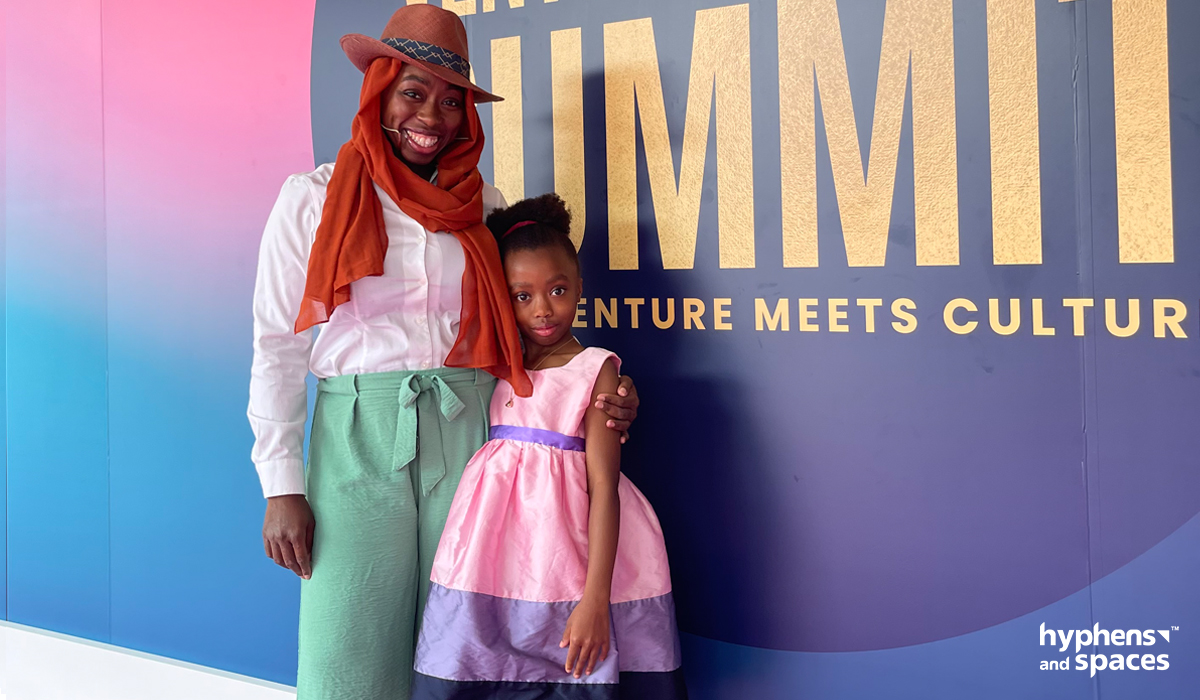As someone who’s been in the DEI space for the past 15+ years, I could not have imagined the tidal wave of support (and demands), followed by the dramatic, business-capsizing retreat that our industry has endured over the past few years.
(Not to mention the impact this has had on folks for whom their identity isn’t a “hot topic” but a daily, deeply felt, experience).
In many ways, it feels like we’re finally getting our heads above water, and our feet more firmly planted on this ever-shifting ground.
How have things been feeling in your organization?
From our clients and colleagues, we’ve been hearing:
-
“We’re getting demands from this group, requests from that group, and I don’t think we can meet either…”
-
“We need training and education for our staff, but it always feels like a one-off investment that doesn’t leave the lasting impact we’d hoped for”
-
“We don’t know how to deal with conflict, and it just seems to keep coming. It’s hard to get anything done.”
Simultaneously, I’ve been seeing a shared awareness that DEI is not a side-note or a separate effort, but rather, the invisible network that underpins the success of, well, just about everything in our organizations––both internally, and externally.

For many, that reality can feel overwhelming to actually execute.
Historically, robust DEI contracts have been a reach for many small organizations, nonprofits, government agencies, etc.
Most don’t have the budget to afford it, and if they do, they don’t have the time or bandwidth to implement it sustainably.
While it might be tempting to offer costly, extensive, quickly executed solutions to keep up with client demands, from where I’m standing now, I feel proud of Hyphens and Spaces’ “slow and steady” approach to this work. It’s positioned our company, and our clients, for a more sustained advancement and integration of equity in the long term.
So with that in mind, I wanted to share a few learnings that might be of use to you and your organization as you move into the fourth quarter and beyond.
1: If you haven’t figured out how to equitably communicate as an organization yet, save your Assessment and Strategy dollars.
Here’s why: Assessment and strategy set you up to implement change. If your team has insufficient trust or ineffective communication that will impede change work. This will leave with you a great strategy that you don’t have the trust to execute and feedback without action.
Here’s what to do instead: Focus on skill and trust-building through having hard conversations facilitated by experts. That success will energize the team and prepare them for the change work ahead.
2: If you want to build real-life skills for interpersonal conversations across differences, a one-off workshop won’t get you far.
Here’s why: Adult learners require application (opportunities for practice) in order to adopt and use new skills. To break old habits you must build new habits and building new habits takes effort over time.
Here’s what to do instead: Create a cadence of learning opportunities that alternate between learning skills and practicing the skills. Have high-stakes conversations, with low-stakes implications to open up new ways of thinking and operating together.
3: Centering your most marginalized doesn’t always mean doing exactly what they want, or say.
Here’s why: Intentionally centering marginalized voices is critical to rebalance power and influence which is at the crux of DEI work. AND not every idea generated from these groups will be actionable immediately or within the realm of possibility for an organization.
Here’s what to do instead: Invite input while setting expectations for how that input will be used. Give each idea, request, and observation its due consideration and reflection. Be transparent, about your assessment criteria for each decision and invite collaboration on the HOW if the what is already decided. E.g. The Board may have decided on WHAT the organizational focus should be for this fiscal year, but you ask team members in the margins, HOW they think this could be effective.
Interested in exploring how Hyphens and Spaces might be able to support your organization in the long run (with your budget, and overall effectiveness in mind?)
I cleared time on my calendar up until December 1st, 2023 so I could hear directly from you. Book a call with me here for a pressure-free consultation. We can see where you’re at, unearth your best next steps, and identify potential alignment.

Warmly,![]()
Samira Abdul-Karim
Co-founder & CEO, Hyphens & Spaces


